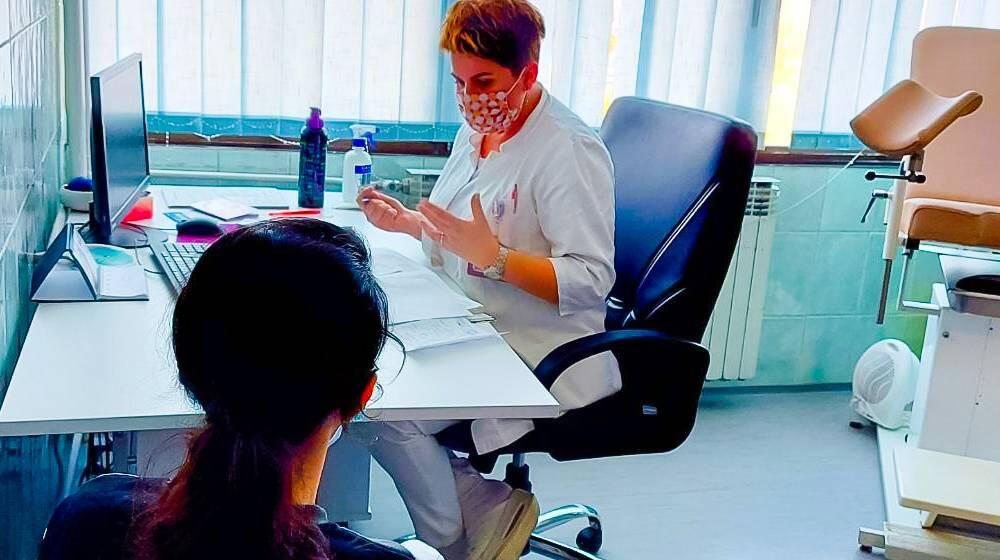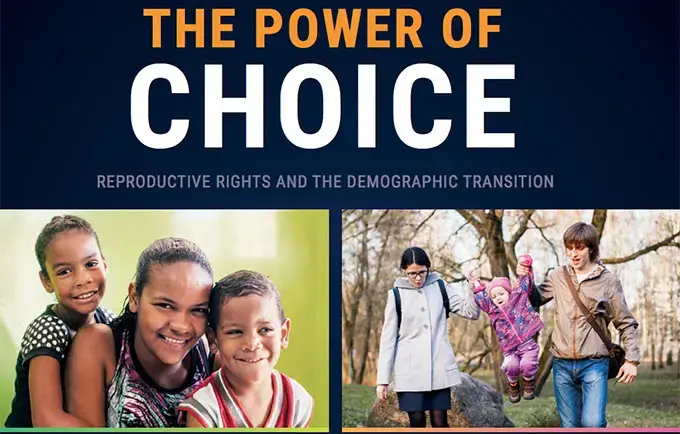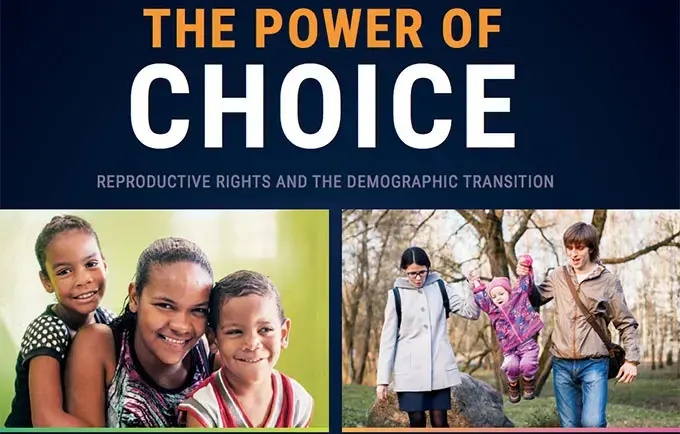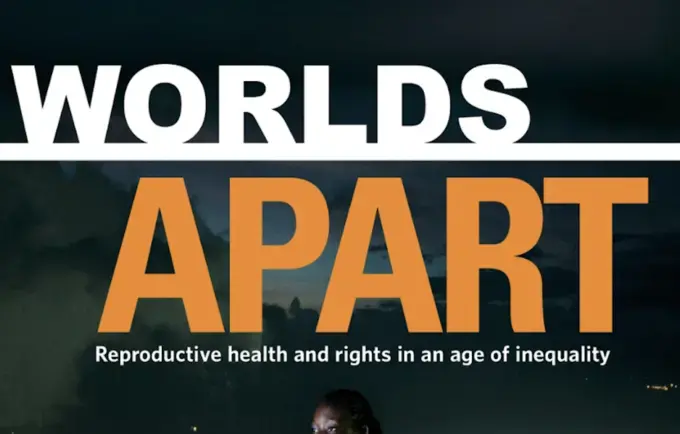Skopje/Prishtina/Belgrade/Sarajevo - UNFPA has worked on cervical cancer prevention since 2014, including a lot of successful interventions in the countries of the Western Balkans - Serbia, Bosnia and Herzegovina, North Macedonia, and Kosovo (UNSCR 1244). However, we are still faced with many challenges - the number of new cervical cancer cases and deaths is up to 10 times higher in Eastern Europe and Central Asia (EECA) than in Western Europe, due to lack of effective cervical screening programmes, widespread HPV vaccination programmes and accessible, high-quality cervical cancer treatment.
The region of the Western Balkans has also become one of the partners within the Alliance launched in October 2021 as a multi-country, multi-partner cooperation framework to eliminate cervical cancer as a public health problem, initiated by UNFPA EECA.
Working together on advocacy and raising awareness
January
According to the European Information System (ECIS), having a Cervical Cancer rate of 23.3 per 100,000 inhabitants, women in Serbia are in 5th place in Europe. Around 1,200 women with cervical cancer are registered every year. UNFPA, in cooperation with the national Ministry of Health and Institute for Public Health, worked with five cities across the country during this year’s marking the Cervical Cancer Awareness Week. They met people on the streets, in shopping malls, and parks in Belgrade, Kosovska Mitrovica, Kragujevac, Nis
Cervical cancer is the second malignant disease and one of the highest causes of mortality among women in Bosnia and Herzegovina. Although entirely preventable, still, three women on average die from cervical cancer every week in the country. The biggest problem is equal access to regular gynecological check-ups, PAP
In North Macedonia, about 150 new cases have been recorded annually over the past years, and around 60 patients die annually due to conditions associated with the disease. Significant investments have been made in the past decade in the field of prevention, through HPV screening and vaccination. The percentage of girls aged 14 covered with two doses of vaccine, supported within the state budget (free of charge), ranges between 54-57% in the years prior to the COVID-19 pandemic. In addition, every year, the state allocates a budget to cover cervical cancer screening of women of a specific age group, as per a defined screening plan; however, the utilization of these services remains very low. During this year’s Cervical Cancer Awareness activities, UNFPA supports the Ministry of Health and the National Commission on Cervical Cancer Prevention in the communications activities for the recently developed national WEB application – “skrining.mk“ where women can apply online for the screening programme. Furthermore, a huge national and local campaign on cervical cancer prevention has been conducted, reaching around 350.000 people on social media, including the local communities with the mobile gynecological clinics supported by UNFPA. In only three months, over 650 women from the remote and out-of-reach areas did their check-ups.
More than 70% of cervical precancerous lesions could have been prevented using nationwide HPV-based cervical cancer screening and an HPV vaccination shows the study conducted in Kosovo (UNSCR 1244), with the clear indication that this is a key area for intervention. During the years, UNFPA has strongly been advocating the introduction of the HPV vaccine within the Kosovo official immunization plan, which officially took place in January this year. UNFPA, in cooperation with the Health and Social Welfare Committee and Sustainable Development Goals (SDGs) Council, organized an advocacy round table with parliamentarians, the ministry of health, the municipalities implementing the cervical cancer screening programs, the health sector NGOs, the media, and other stakeholders. The deputy Minister of Health, Mrs. Dafina Gexha announced the inclusion of the human papillomavirus (HPV) vaccine in the official immunization plan of Kosovo. The first contingent of 300 HPV vaccines is procured and will shortly be used for the immunization of girls, aged between 12 and 26. The National Board on Cancer Control is also being assembled and will be established in near future. UNFPA has been also a strong partner to the NGOs throughout the years in advocating the introduction of the cervical cancer program with a pilot project in several municipalities across the country.





